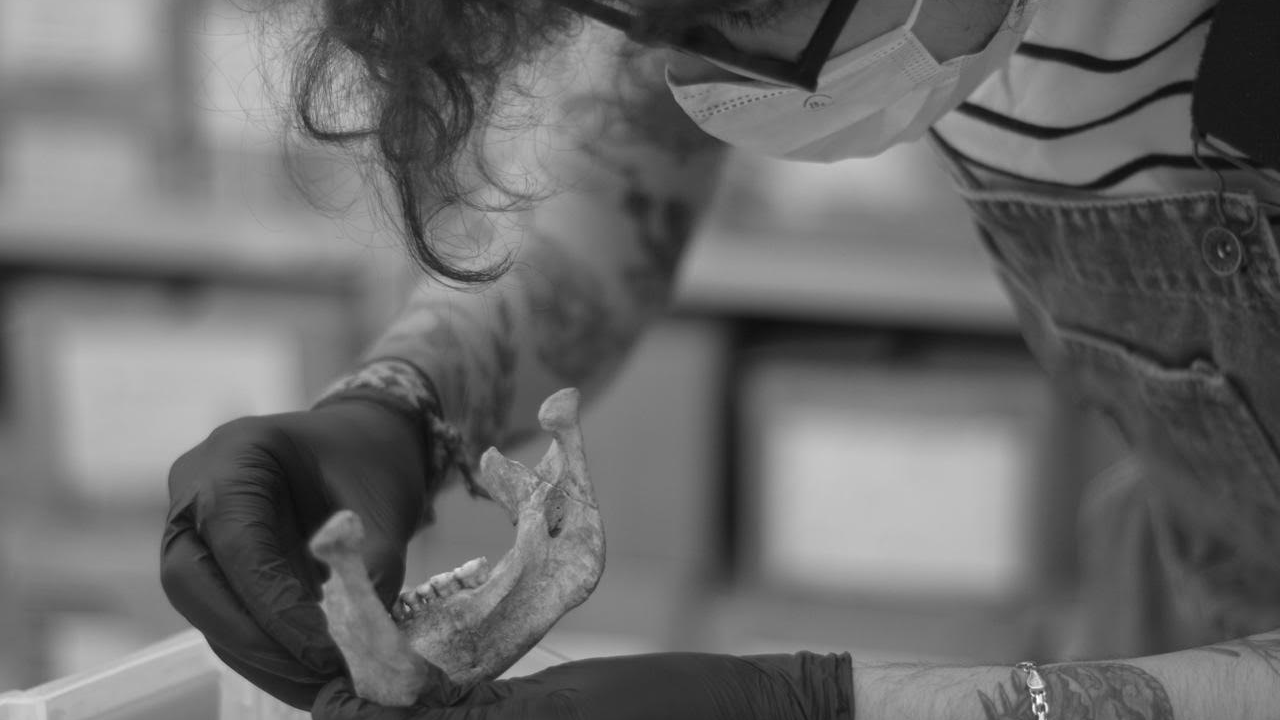Extinct Human Relatives Left a Genetic Gift That Helped People Thrive in the Americas
Extinct Human Relatives Left a Genetic Gift That Helped People Thrive in the Americas
Intro — A Gift from the Past, Still Shaping Us Today
What if I told you that part of what kept early humans alive as they journeyed into the Americas came from cousins we never met? A groundbreaking 2025 study shows that a gene inherited from the Denisovans—via an evolutionary “gene sandwich” involving Neanderthals—gave Indigenous American populations an immune edge as they adapted to new environments. Ready to explore this surprising legacy? Let’s go.
1. The Discovery: Ancient DNA, Modern Survivors
Researchers from Brown University and other institutions found that a gene called MUC19—crucial for producing mucus in the respiratory and digestive tracts—entered the human gene pool through interbreeding with Denisovans, our distant cousins. Intriguingly, this gene shows up at unusually high frequencies among Indigenous Americans—especially in Mexico. Its prevalence today suggests it offered a strong selective advantage, likely helping communities fend off pathogens in the Americas Live ScienceBrown UniversityScienceDaily.
2. The Genetic “Gene Sandwich” Phenomenon
Here’s where things get even more fascinating. The Denisovan version of MUC19 appears embedded between segments of Neanderthal DNA—forming what researchers call a “gene sandwich.” This likely means Neanderthals first acquired this gene through mating with Denisovans and then passed it along to modern humans Live ScienceUniversity of Colorado Boulder.
3. Why This Matters: Adaptive Introgression at Work
This phenomenon—adaptive introgression—is when useful ancient DNA variants are inherited through interspecies mating and contribute to survival. It’s not just a one-off:
-
The EPAS1 gene, acquired from Denisovans, helped Tibetan populations adapt to high altitudes Brown UniversityScienceDaily.
-
Other ancient genetic contributions have helped shape traits like skin pigmentation, immune function, and metabolism in different populations across the globe Live ScienceWikipediaBioMed CentralCARTA.
4. A Closer Look: How MUC19 Might Have Helped
While the exact function of the Denisovan MUC19 variant is still being explored, its role in mucosal immunity is promising. Mucus acts as a frontline defense against pathogens—so stronger or better-tuned MUC19 could have made all the difference for early migrants entering new lands with unfamiliar microbes Brown UniversityUniversity of Colorado Boulder.
5. For The Curious: Broader Implications & What’s Next
-
Researchers plan to study modern and ancient samples to figure out how the MUC19 variant functions and whether it correlates with actual health outcomes in Indigenous populations Live ScienceBrown University.
-
This finding adds to a growing pattern: we aren’t just Homo sapiens—we carry a mosaic of ancient human history.
-
Want to dive deeper? Check out [Beyond labels: What "adaptive introgression" really means for human evolution] (placeholder for your related Medium article).
Outro — Lessons from Our Genetic Tapestry
This discovery is more than science—it’s a reminder that our survival stories are shared, woven with threads of extinct relatives like the Denisovans and Neanderthals. That MUC19 gene in our DNA isn’t just a relic; it’s living proof that ancient encounters shaped modern resilience. Moving forward, we’ll need culturally and ethically informed research to understand how these ancient legacies influence present-day health and identity.
Internal Medium Links (to keep readers engaged)
-
[How to explore your genetic ancestry and what it might mean for your health]
-
[Ancient DNA for non-scientists: The story in every genome]
-
[Why we’re all hybrids—and what that means for identity]
External Resources & Further Reading
-
LiveScience: The first Americans had Denisovan DNA—and it may have helped them survive. Live Science
-
Brown University News: Extinct human relatives left a genetic gift that helped people thrive in the Americas. Brown University
-
ScienceDaily: Extinct human relatives left a genetic gift that helped people thrive in the Americas. ScienceDaily
-
Science: Review on adaptive introgression from archaic humans. PMC
-
ScienceDaily: Mysterious Denisovan interbreeding shaped the humans... ScienceDaily
-
LiveScience: A braided stream, not a family tree: How new evidence upends our understanding of how humans evolved. Live Science
-
Wikipedia: Interbreeding between archaic and modern humans. Wikipedia
-
BMC Biology: Denisovan and Neanderthal archaic introgression differentially impacted the genetics of complex traits in modern populations. BioMed Central
Tags
#HumanEvolution #AncientDNA #Genetics #Denisovans #AdaptiveIntrogression #IndigenousAmericans #Science #MediumReads #Ancestry












Comments
Post a Comment